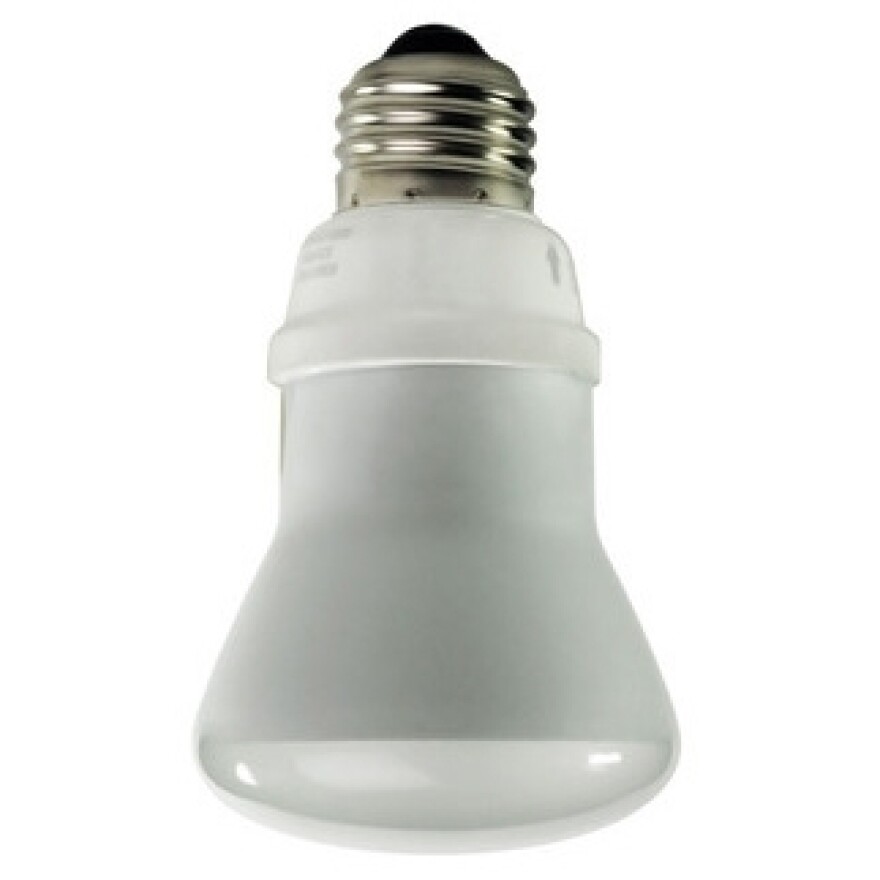Duke Energy is offering free lightbulbs when you order them online. Well, almost free. You can order lightbulbs for up to 92 percent off the retail price. The company's efforts to promote energy efficiency helps their bottom line.
The Duke Energy Savings Store features highly discounted LED and compact fluorescent light bulbs products up to 92 percent off the retail price.

Why is it so cheap? Duke Energy's Kristina Hill explains.
"Funding for the Duke Energy Savings Store and also the other energy-efficiency products and services offered by Duke Energy comes from the Commission-approved EE-Rider that's included on customer's monthly bills," Hill says.
Basically customers are subsidizing the cost of the free and highly discounted light bulbs with what's called the Energy Efficiency Rider charge on their bill every month. It's listed right above the sales tax line.
Still, why would an energy company want customers to use less of its product?
Michael Carter, the director of SNL Financial’s energy group, explains how this is great for a company like Duke.
"Maybe that defrays some of the load impact," Carter says. "Maybe that pushes off the need to build a power plant for five or ten years. Well, that, that’s fantastic."
Hill says spending on energy efficiency is in fact more cost-effective.

"Customers using less energy is a much better option than having to build newer power plants in the future. Power plants are not inexpensive," Hill says. "So if we can get customers to use less energy through practicing energy efficiency and using energy-efficiency products and services and just doing some of the simple things around the home that can decrease energy demand, then it's both a win-win for Duke Energy and also our customers," she says.
Duke charges customers for energy efficiency – the power you're saving. And it also calculates that energy efficiency as part of its mix of energy sources, just like coal or nuclear.
And by that measure, Duke Energy Carolinas sees energy efficiency growing in its mix from 4.5 percent next year to nine percent in 2028.



